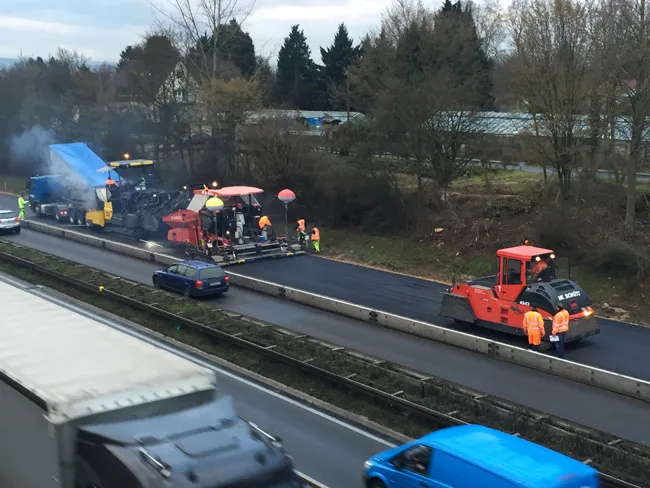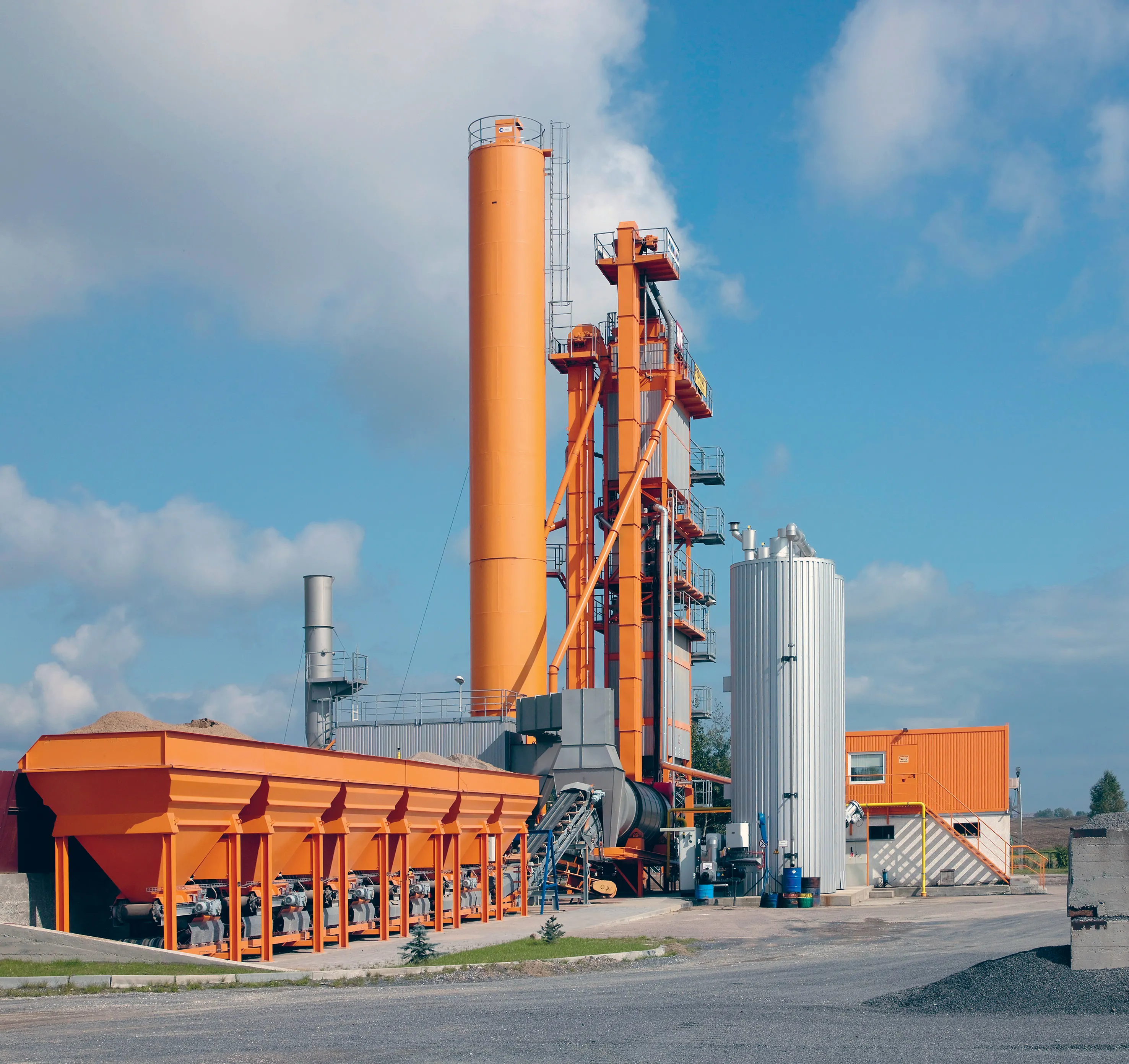
A road contractor in Germany is making use of a sophisticated logistics tool to run its operations more efficiently. The contractor, Wilhelm Schütz, is a medium-sized company with a long history in road construction and civil engineering. Based in Hesse, the firm has its own mixing plant to supply material to its road construction crews.
The firm was looking to optimise its operations in a bid to boost efficiency and reduce waste, using the latest tools intended for the digitisation of existing processes and processes. The company’s weighing system had been in use for 15 years and was a key link for improving overall performance.
The construction company was already familiar with technology solutions from
The BPO Baustoff package can be used for the value chain, from operation and resource management to merchandise management, such as purchasing, sales, invoicing, freight accounting, production data collection, production and logistics. Users of the package can employ it for material production as well as road milling and paving applications.
Due to real-time networking, data such as delivery notes, invoices, material orders and offers can be exchanged. Deliveries of minerals from an asphalt mixing plant can be monitored automatically and need only to be confirmed. Raw material orders can be transmitted electronically, reducing order costs.
For Wilhelm Schütz, direct networking with its BPO Asphalt package meant that the firm could automatically exchange delivery note data as well as schedule data automatically between both systems, but without manual input. This could offer time saving for internal processes. This has now provided a better flow of information, with fewer searches and queries while at the same time providing leaner structures and lower administrative costs.
The weighing supervisor is presented with all planned material deliveries for the respective day. Due to the search and copy options, documents can be created efficiently and incorrect entries can be avoided.
As delivery notes are electronically signed on a signature pad and at the same time stored as PDF in an archive, the weighing supervisor can focus on important tasks at the balance. It is also possible to assign the articles to the applicable Construction Products Regulation - all prescribed contents are clearly displayed on the delivery note.
Price variants can be deposited in the software and any assignments are now automatic. Previously, prices had to be entered manually, rechecked and corrected if necessary. The connection to financial accounting programs has also been simplified.
"We can handle the entire business process from quoting, order management, weighing, mass control to billing in one program,” said Steffen Richter, operations manager for the mixing plant.
“For us, this means a better overview and much time savings. The changeover process and the training of our employees took place in a short time and without any problems. By integrating BPO Asphalt, the construction progress can be tracked in real time and the coordination of material flows is facilitated. The site manager in the office can also follow the construction progress online," he said.








